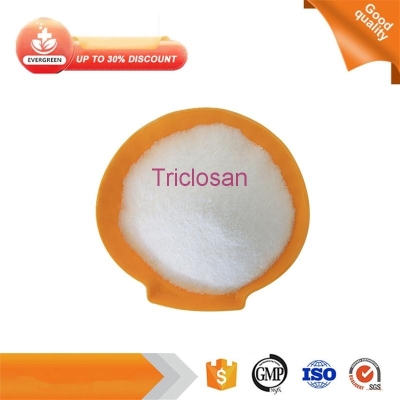-
Categories
-
Pharmaceutical Intermediates
-
Active Pharmaceutical Ingredients
-
Food Additives
- Industrial Coatings
- Agrochemicals
- Dyes and Pigments
- Surfactant
- Flavors and Fragrances
- Chemical Reagents
- Catalyst and Auxiliary
- Natural Products
- Inorganic Chemistry
-
Organic Chemistry
-
Biochemical Engineering
- Analytical Chemistry
- Cosmetic Ingredient
-
Pharmaceutical Intermediates
Promotion
ECHEMI Mall
Wholesale
Weekly Price
Exhibition
News
-
Trade Service
The U.
S.
FDA issued on April 26 the draft guidelines for "Non-clinical Testing of Individualized Antisense Oligonucleotide Therapeutics for Severe Debilitating or Life-threatening Diseases", introducing support for research on individualized antisense oligonucleotides Non-clinical information recommended by the FDA for Sexual New Drug Application (IND).
FDA Acting Director Janet Woodcock said that the issuance of the guidelines stems from "greater efforts to clarify the development of new drugs in the era of personalized medicine.
The draft guidance "is expected to help prepare for adequate pre-IND and IND applications for FDA review, so that clinical trials can be initiated quickly.
Since the use of research antisense oligonucleotides involved in the guidelines will only target a small number of individuals with severe debilitating or life-threatening diseases, the guidelines are recommended to support non-clinical safety data packages for first-time human (FIH) exposure The range is generally not as broad as is generally recommended for the development of antisense oligonucleotide products for wider use or in less severe clinical situations.
The FDA stated that “to compensate for the greater risks posed by limited data,” sponsors should provide “convincing in vitro and/or in vivo proof-of-concept (POC) data” to support the application.
The FDA recommends specific non-clinical safety studies to support the declaration.
The guidelines recommend a three-month toxicity study to evaluate the safety of initiating human administration, dose escalation, and chronic treatment.
In addition, the draft guidelines also give considerations for the first human dose and dose escalation.







